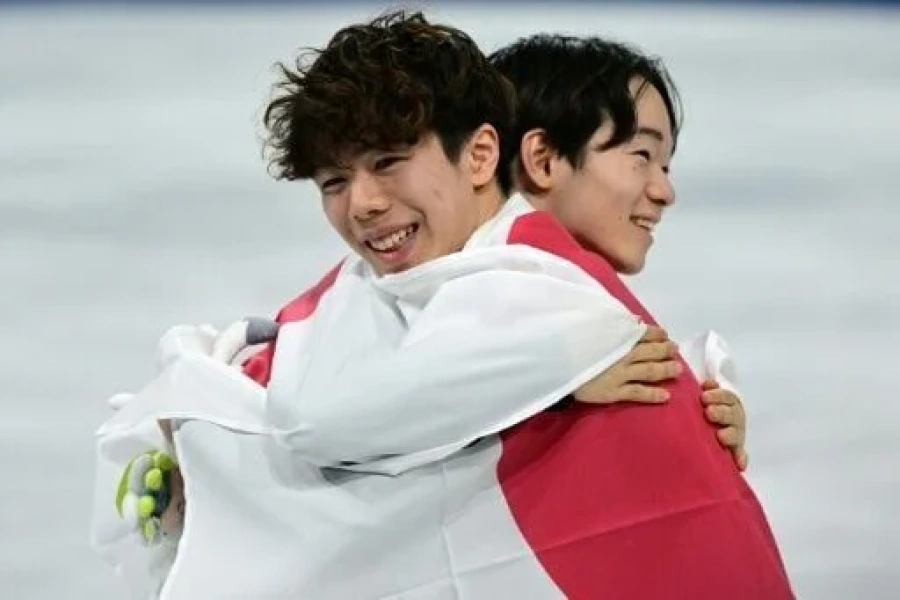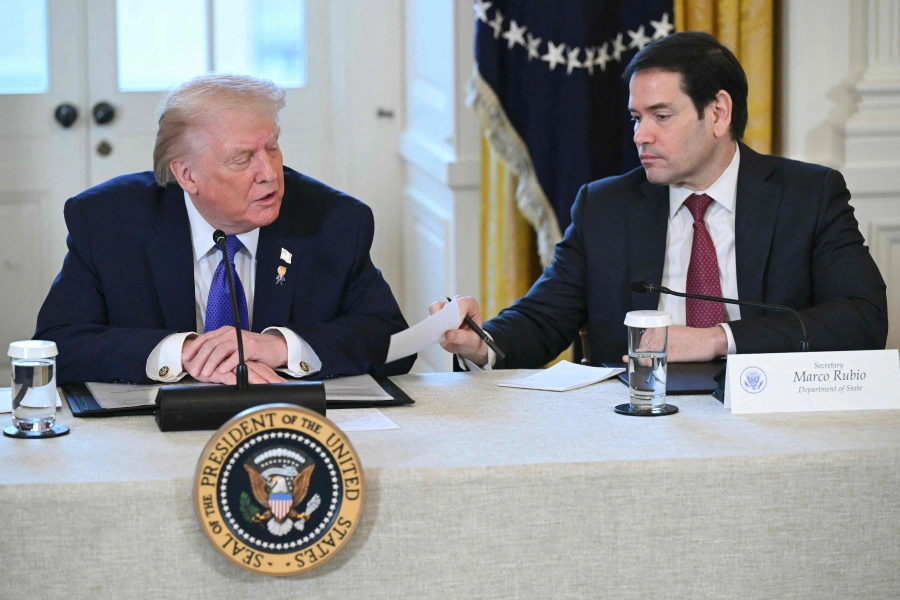KATHMANDU, Oct 2: Former King Gyanendra Shah is set to visit neighboring Bhutan. At a time when the country is struggling with floods and landslides caused by continuous rainfall, questions are being raised about the presence and activity of key officials, including the Prime Minister. Meanwhile, former King Gyanendra is preparing to leave for Bhutan for a few days.
Gyanendra is scheduled to leave for Bhutan on October 3 and will return to Nepal on October 6. Sources claim he is visiting at the invitation of the Bhutanese King, but those close to him have stated that the visit is private. His press secretary, Phani Raj Pathak, publicly announced on September 27 that Gyanendra was preparing for a visit to Bhutan.
The information was mentioned on social media by veteran journalist Dhruba Hari Adhikary. He wrote, “In the announcement made by Dr Phani Raj Pathak on September 27, it was stated that King Gyanendra would be making a private visit to Bhutan next week.” Adhikari added, “I just heard from a high source: departure on October 3, arrival on October 6.” He noted as a coincidence that “the reigning King of Bhutan, Jigme Khesar Namgyel Wangchuk, recognizes Nepal as his birthplace.”
According to sources close to him, Gyanendra was preparing to travel to Bhutan with his daughter-in-law, Himani. However, sources claim that she will not participate in the visit due to health issues. Although it is stated to be a private visit, sources assert that Gyanendra's trip to Bhutan has political implications. It is claimed that through the Bhutanese King, former King Gyanendra will hold some political meetings there. During this process, discussions are expected to cover various topics, including political developments in Nepal.
Former King Gyanendra visits Bhutan, received by Bhutanese Prin...

As public dissatisfaction with Nepal's political parties and government grows, analyses have begun suggesting that various power centers are attempting to leverage Gyanendra. After a meeting with Pushpa Kamal Dahal, a former Prime Minister and the chairman of the Maoist Center, and Rabindra Mishra, a leader of the Rastriya Prajatantra Party (RPP), made statements implying that the Maoists, who joined the peace process after a decade of violent struggle, are also in favor of the monarchy.
Dahal's secretariat has refuted the claims made by Mishra in his social media post. However, sources claim that Maoist Chairman Dahal has been discussing issues related to a governance system similar to Cambodia's, not only with RPP leaders but also with leaders of other parties during meetings.
Political parties that played key roles in the 2006 movement, the establishment of a federal democratic republic, and the adoption of the new constitution have been accused of insincerity regarding these changes. Forces opposing federalism and the republic are also currently active. Former King Gyanendra has repeatedly stated that the parties did not adhere to the agreements made with him during the 2006 movement. He has been advocating that there should be some form of monarchy in Nepal. Some political parties, including the RPP, have also been advocating for a Hindu nation and the monarchy.
Experts claim that various power centers, including neighboring countries, have begun to recognize the need for a permanent power structure in Nepal. Sources suggest that the need for a stable authority is being felt not only within the country but also from outside, stating, "It seems everyone is feeling the lack of clarity regarding whom to trust and whom to speak to." At this moment, some analysts believe that India, Nepal's southern neighbor, may be trying to convey certain messages to Gyanendra through Bhutan.
A new government led by KP Oli was formed on June 27 with the support of the Nepali Congress. However, recent developments indicate that India is not pleased with Oli's government. In the past, India has typically invited the Prime Minister of Nepal for a visit shortly after a government change, with few exceptions. However, nearly three months after the formation of the government under Oli's leadership, no formal invitation for a visit has been extended by India.
Prime Minister Oli, who was in New York recently to attend the United Nations General Assembly, met with his Indian counterpart Narendra Modi on the sidelines, but experts say that this meeting was merely a formality. Geographically small, Nepal is of great importance to India from both security and strategic perspectives. Due to its social and political ties, as well as its open border, Nepal is considered a significant neighbor for India. Emphasizing that India prefers to keep Nepal under its security umbrella, one expert stated, “India is in favor of reviewing its Nepal policy.”
Recently, a former Chief of Army Staff from Nepal attended a security conference in New Delhi. Sources claim that there was a discussion highlighting the need for a permanent power structure in Nepal, suggesting that this could involve the monarchy. Adopting a "neighborhood first" policy, India now appears to be somewhat isolated from its neighbors. With the exception of Bhutan, most countries in South Asia and their governments do not seem to be aligned with India. Since the new constitution was issued by the Constituent Assembly, the previously cold relationship between Nepal and India has not yet returned to its former state.







































